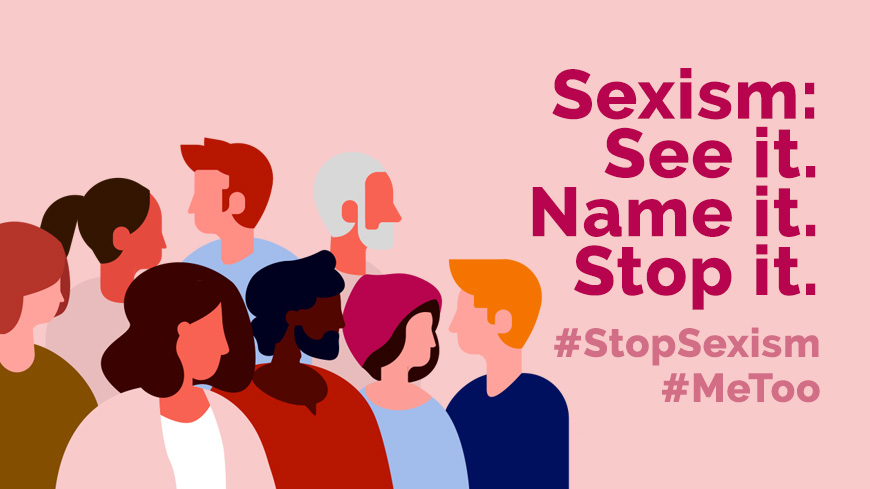In March 2019, the Council of Europe Committee of Ministers adopted a new Recommendation on Preventing and Combating Sexism. Not only does this text contain the first ever internationally agreed definition of sexism, but it also proposes a set of concrete measures to combat this wide-spread phenomenon.
Sexism is present in all areas of life. From catcalls on the street, to women being ignored during work meetings, to boys being bombarded with aggressive role-models in video games. It is also there when comments are made about politicians on the length of their skirts rather than their latest parliamentary report. When sexist behaviour accumulates, it can lead to an acceptance of discrimination and even violence.
Secretary General Thorbjørn Jagland said that “No-one should be discriminated against because of their sex. This is a basic principle which we are still far from respecting in practice. Through efforts to prevent and combat sexist behaviour, the Council of Europe wants to help ensure a level playing field for women and men, boys and girls.”
Sexism is harmful and lies at the root of gender inequality. It produces feelings of worthlessness, self-censorship, changes in behaviour, and a deterioration in health. Sexism affects women and girls disproportionately. Some groups of women, such as politicians, journalists, women’s human rights defenders, or young women, may be particularly vulnerable to acts of sexism. But it can also affect men and boys, when they don’t conform to stereotyped gender roles. Moreover, the impact of sexism can be worse for some women and men due to ethnicity, age, disability, social origin, religion, gender identity, sexual orientation or other factors.
To address these issues and encourage the full implementation of the Recommendation, the Council of Europe has just launched a video and action page under the hashtag #stopsexism and the slogan “See it. Name it. Stop it.” The aim is to help the wider public identify acts of sexism and take a stand against them.
This initiative is sponsored by the French Presidency of the Committee of Ministers. Ukraine also provided financial support.
Find out more about the work of the Council of Europe to prevent and combat sexism.



